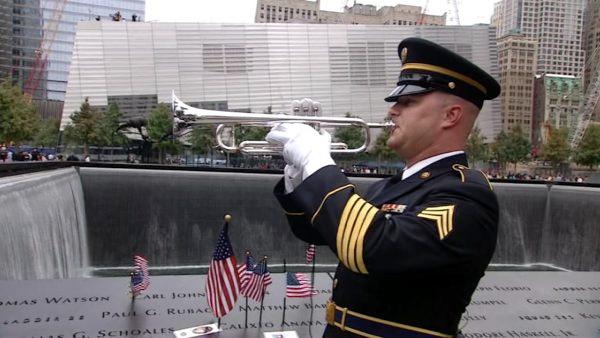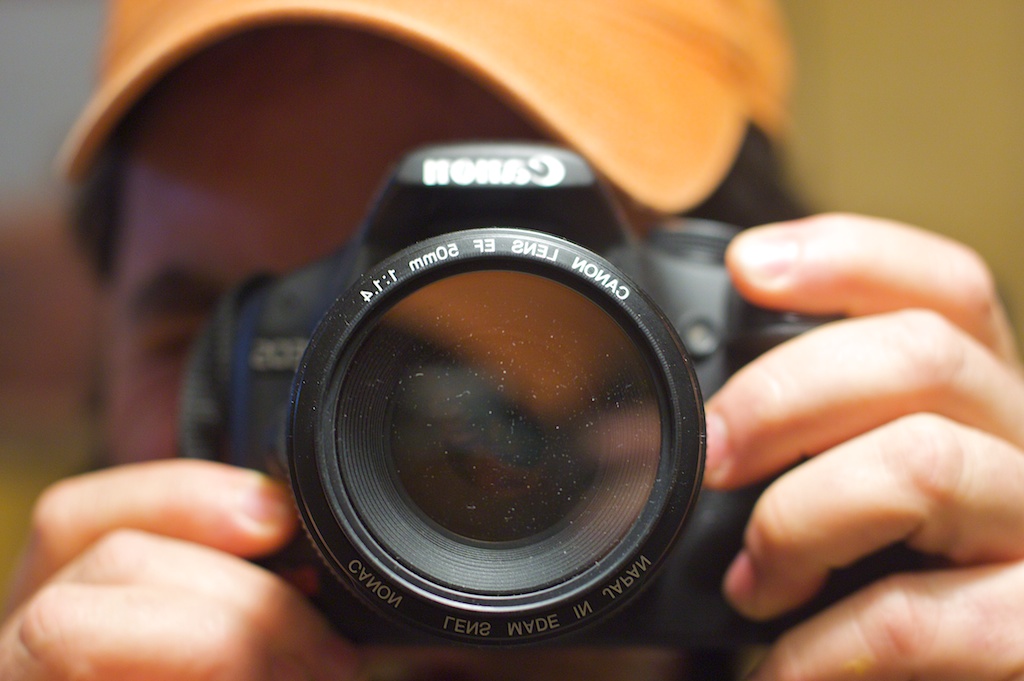Article: Too Many Heroes
I believe there are certain professions in our society that
are essential, but often unsung and taken for granted. Sometimes these professions are
dangerous. Some of them have poor
salaries. Some require strange or long
hours. All of them are dedicated to
providing for the well being of our society. Professions that come immediately to mind are
Fire Fighter, Doctor, Nurse, Paramedic, Law Enforcement Officer, and
Soldier. All these professions are
noble. All require sacrifices, often
with little reward.
But that doesn’t make these folks heroes.
A hero is someone who exhibits unusual character and
behavior that is considered inherently admirable and atypically
self-sacrificing. Simply entering a
vocation and donning a uniform does not make one a hero. Heroes must go above and beyond the
norm. A hero is not typical, but
exceptional.
The author in the above article writes:
If it looks like an altruistic act, then it IS an altruistic
act. And so, we take the actions of a few and impose that quality on everyone
that looks like them. So all soldiers, police officers, and fireman become
heroes because of what a few of their brethren did and this denigrates and
diminishes the actions of those few brave souls when their individual behaviors
are extrapolated out to anyone who looks like them or wears the same uniform.
The firefighters, police officers, and volunteers at the
World Trade Center on 9/11 were all heroes.
As others were running away, these extraordinary men and women ran
toward danger, risking their lives, to help save others.
Mother Theresa risked violence, disease, starvation,
persecution, and personal hardship to care for the poor.
Jason Dunham, an American Marine in Iraq threw himself on a
grenade to save the lives of his two fellow Marines.
Deborah Johnson, RN, was knocked down and injured when shots
were fired into a crowded street.
Despite her wounds, she ignored the danger to herself, crawled to the
four shooting victims, and administered first aid, saving three of them.
These people are heroes.
At great personal risk, they placed the needs of others ahead of their
own. Where others ran from danger and
hardship, they ran to the people in need.
Some came out unharmed. Some were
injured. Some lost their lives.
Calling someone a hero simply because of their chosen career
lessens the value of the title. It takes
honor away from true heroes. Heroism requires
exceptional behavior. Like respect, the
title of “hero” is earned, never given.






